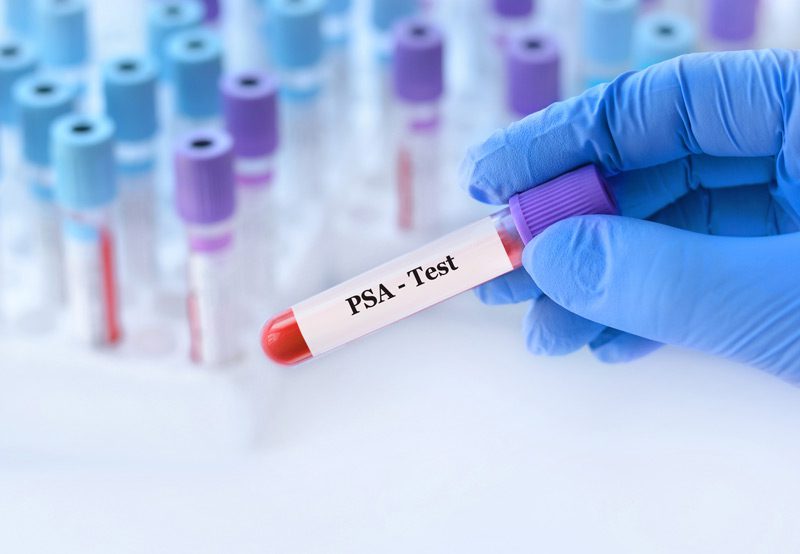

Prostate-specific antigen (PSA) is a protein produced by both normal and cancerous prostate cells. PSA levels are measured through a simple blood test and are often used as a screening tool for prostate conditions. While an elevated PSA can be concerning, it does not always indicate cancer. Instead, it can result from a variety of benign or malignant conditions affecting the prostate.
Causes of Elevated PSA
Several factors can lead to increased PSA levels:
- Benign Prostatic Hyperplasia (BPH): Enlargement of the prostate is common with age and can elevate PSA without indicating cancer.
- Prostatitis: Inflammation or infection of the prostate may cause a sudden spike in PSA.
- Prostate Cancer: Elevated PSA is often one of the first signs of prostate cancer, particularly if levels rise consistently over time.
- Recent Procedures or Ejaculation: Activities such as recent ejaculation, prostate biopsy, or digital rectal exam (DRE) can temporarily raise PSA levels.
- Urinary Retention or Catheterization: Incomplete bladder emptying or catheter use can also affect PSA levels.
It’s important to note that PSA levels naturally increase with age, and what is considered “normal” can vary depending on individual risk factors.

Diagnosis
A single elevated PSA level does not automatically mean prostate cancer is present. Diagnosis typically involves several steps:
- Repeat PSA Testing: To confirm elevation and monitor trends over time.
- Free vs. Total PSA Ratio: A lower ratio of free PSA may suggest a higher risk of prostate cancer.
- Digital Rectal Exam (DRE): Checks for abnormalities in prostate shape or size.
- PSA Velocity or Density: Measures how quickly PSA levels change over time or relative to prostate volume.
- Prostate MRI or Biopsy: Used when risk factors or test results warrant a closer look at the prostate tissue.
Treatment Options
Treatment decisions depend on the cause of elevated PSA and any associated findings:
- Active Surveillance: For mildly elevated PSA without evidence of cancer.
- Antibiotics or Anti-inflammatories: If prostatitis is suspected.
- Management of BPH: Medications or procedures to reduce prostate size and symptoms.
- Prostate Biopsy: If cancer is suspected based on imaging or PSA trends.
- Cancer Treatment: Surgery, radiation, or other therapies may be considered if prostate cancer is diagnosed.
Next Steps
If your PSA level is elevated, the first step is a comprehensive evaluation to determine the underlying cause. Speak with a urologist who can guide you through additional testing, interpret your results, and develop a personalized plan based on your risk profile and overall health. Early evaluation helps distinguish between benign causes and conditions that require timely treatment.
